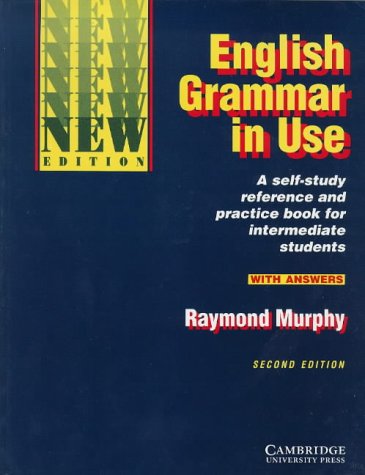Christopher Gauker0262072424, 9780262072427, 0262571625
According to the received view of linguistic communication, the primary function of language is to enable speakers to reveal the propositional contents of their thoughts to hearers. Speakers are able to do this because they share with their hearers an understanding of the meanings of words. Christopher Gauker rejects this conception of language, arguing that it rests on an untenable conception of mental representation and yields a wrong account of the norms of discourse.Gauker’s alternative starts with the observation that conversations have goals and that the best way to achieve the goal of a conversation depends on the circumstances under which the conversation takes place. These goals and circumstances determine a context of utterance quite apart from the attitudes of the interlocutors. The fundamental norms of discourse are formulated in terms of the conditions under which sentences are assertible in such contexts.Words without Meaning contains original solutions to a wide array of outstanding problems in the philosophy of language, including the logic of quantification, the logic of conditionals, the semantic paradoxes, the nature of presupposition and implicature, and the nature and attribution of beliefs. |
Table of contents :
@Team LiB……Page 1
Cover……Page 2
Contents……Page 9
Preface……Page 11
The Issue……Page 15
1 The Received View……Page 17
2 Mental
Representation……Page 41
3 Elements of an
Alternative……Page 63
Pragmatics……Page 85
4 Domain of Discourse……Page 87
5 Presupposition……Page 111
6 Implicature……Page 135
7 Quantification……Page 159
8 Conditionals……Page 181
9 Truth……Page 205
Beliefs……Page 227
10 The Communicative
Conception……Page 229
11 Explanation and
Prediction……Page 251
12 Semantics and
Ontology……Page 273
Afterword……Page 295
References……Page 301
Index……Page 309 |







Reviews
There are no reviews yet.